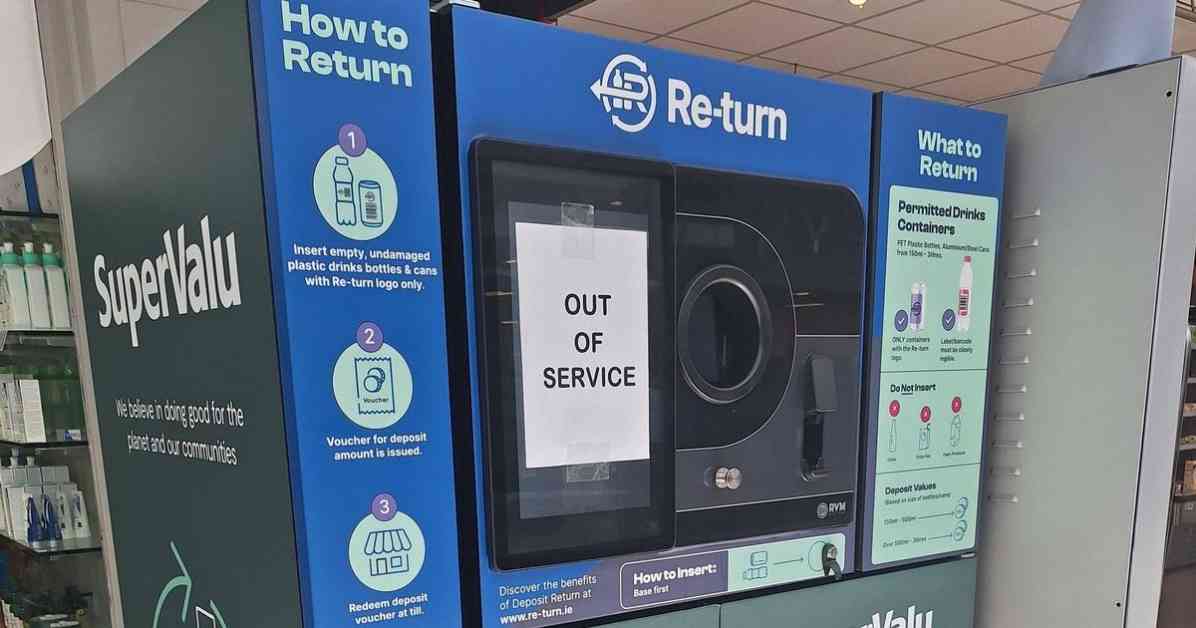A disgruntled consumer recently made headlines by defecating in a bottle and inserting it into a reverse vending machine, sparking a wave of controversy surrounding the Deposit Return Scheme. In an email sent to Ossian Smyth, the outgoing minister responsible for the scheme, the man detailed his unconventional protest, claiming he had placed “a large turd” inside a plastic bottle before inserting it into the machine and receiving his 25 cent deposit back.
Unconventional Protest
The man explained that he lodged a complaint against the Deposit Return Scheme by utilizing a reverse vending machine in a rather unorthodox manner. He chose an Innocent juice container with a “wide spout” to contain his feces, as previous attempts with standard bottles had proven to be messy and ultimately impossible. Despite acknowledging the irony of complaining about “stinking containers” after defecating in one, he expressed frustration with the scheme’s impact on citizens and the environment.
Environmental Concerns
The complainant raised concerns about the scheme enslaving citizens to return bottles and cans, leading to increased pollution from additional waste collection trucks on the road. He criticized the financial burden placed on households due to rising bin company charges and questioned the environmental benefits of the scheme. Additionally, he highlighted complaints about the alleged discrimination against disabled individuals and vending machines rejecting returnable items.
Call for Change
As the email circulated, other complaints surfaced, addressing various issues with the Deposit Return Scheme, including the use of non-recyclable receipts issued by reverse vending machines. Catherine Martin, a Greens colleague of Mr. Smyth, inquired about plans to transition away from these non-recyclable receipts in response to a constituent’s concerns.
This incident sheds light on the complexities and controversies surrounding the Deposit Return Scheme, prompting discussions about its impact on citizens, the environment, and recycling practices. As the debate continues, calls for change and reform are echoing across the community, urging policymakers to address these pressing issues.












